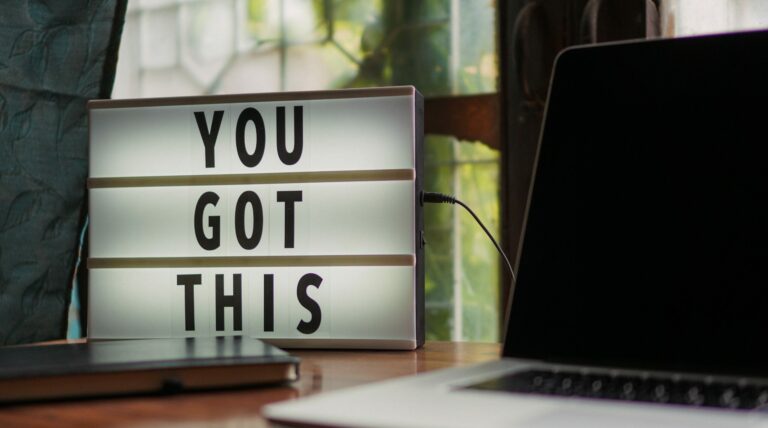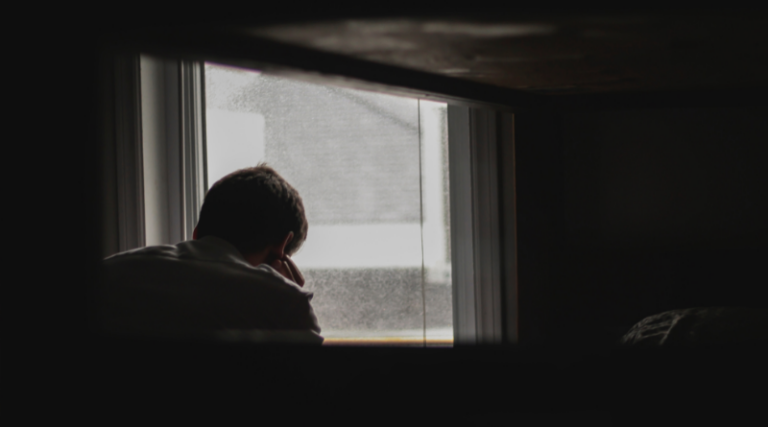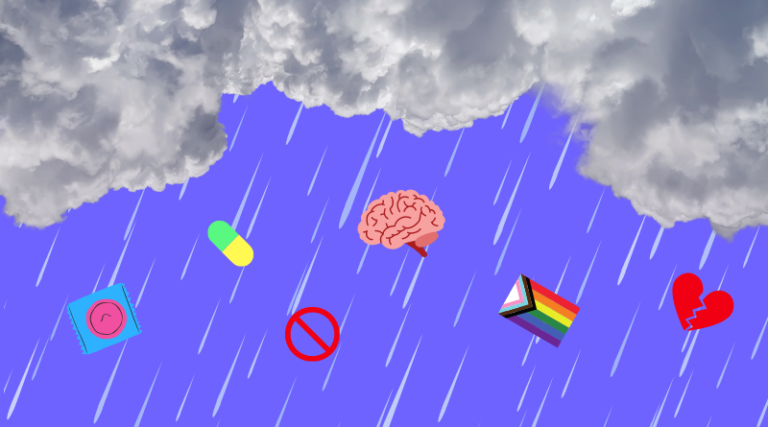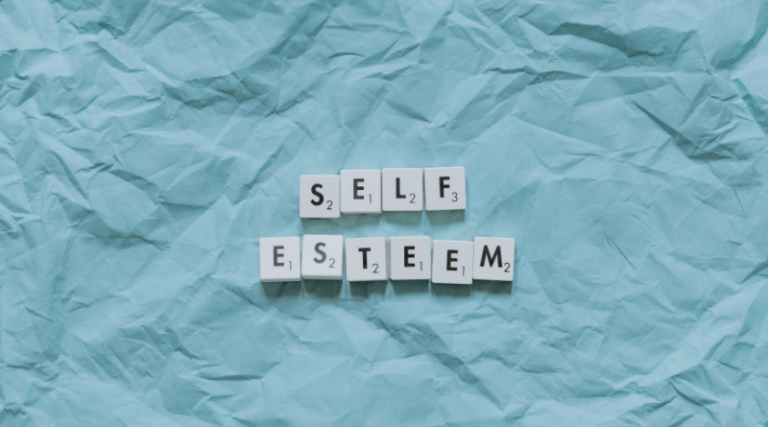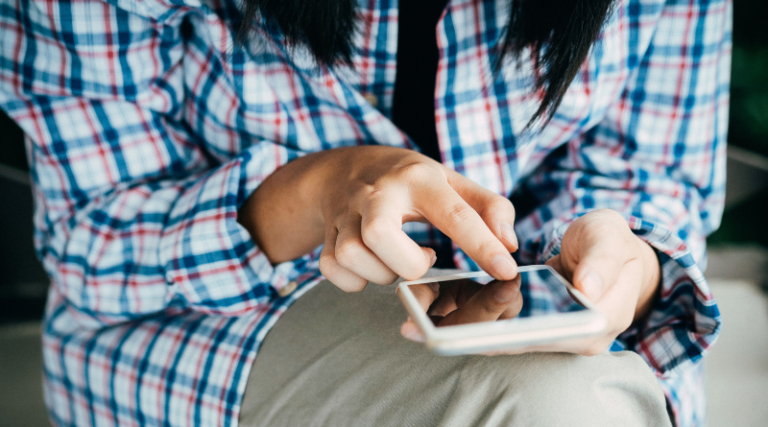Understanding Generalised Anxiety Disorder (GAD)
What is generalised anxiety disorder and how can it be treated?
TRIGGER WARNING: includes the discussion of anxiety and panic attacks
What is GAD?
According to the NHS, “anxiety is a feeling of unease, such as worry or fear, that can be mild or severe”.
Although most people feel anxious every now and then, GAD (generalised anxiety disorder) is a bit different – it is a long-term disorder. People who have GAD feel anxious most days, and that can be about a wide range of issues and situations. Anxiety disorders aren’t uncommon.
Such conditions are a lot more common than you might think. Recent studies by the World Health Organisation (Who) have shown that globally around 1-in-4 people are impacted by mental health disorders..
This is important: if you think you may have GAD, the first step is to see a doctor for a diagnosis, advice and support. You don’t have to suffer in silence.
However, if this isn’t something you feel comfortable with, or able to do, there are plenty of online sources of information and support. Scroll down to some helpful links at the end of this article for more information.
There are many psychological and physical symptoms of GAD, including:
- Feeling tense, nervous or restless
- Difficulty sleeping
- Shortness of breath
- A fast, thumping or irregular heartbeat
- Nausea
- Experiencing panic attacks
- Dwelling on negative experiences
- Fearing the worst or having a sense of dread
Absolutely anyone can suffer from anxiety, regardless of age, gender or lifestyle. Suffering from anxiety, or any other mental health problem, is nothing to be ashamed of. People often avoid talking about mental health problems because they fear how others will perceive them. We’re not above that either: I would often feel embarrassed and ashamed after a panic attack, and sometimes still do.
If you feel like this, try to remind yourself that mental health issues are exactly that – health issues. Just because they are happening in your brain doesn’t make it any less valid or real. They deserve EXACTLY the same amount of attention as a physical health issue.
I mean, would you feel ashamed and embarrassed about a wound on your arm?
My Experience Of Anxiety
I have always suffered from anxiety, and in my teen years I started having panic attacks. At the time I was not aware of what they were, I just thought I was a very emotional person who tended to overreact, and cried excessively. Then, thanks to the Internet, at the age of 17 I learnt that the frantic crying episodes I was having in my room were, in fact, panic attacks. Since then, I have had them less and less frequently. This is down to me getting to know my personal triggers, some of which are:
- Strong, bad smells that I can’t get away from
- Chaotic crowds that I can’t easily escape
- Feeling confused and stressed in a situation with a time limit
- Being the centre of attention
- Phone calls with strangers or people I’m not 100% comfortable with
- Feeling extremely emotional and out of control
Understanding my anxiety helped me to gain a certain amount of control over it. As I get older and experience more, I can calm myself and avoid situations I know could send me into a panic.
Getting Help
The easiest and most common way to get help for anxiety is to see your Doctor. They can provide you with professional advice and possible treatments.
When it comes to medicines, there are several options your Doctor may recommend for you, including antidepressants and beta blockers. A Doctor is your best bet at finding the right course for you. However, some people find using herbal treatments such as Rescue Remedy helps manage their symptoms.
Here’s another fist-hand experience of coping with anxiety:
In my experience, therapy is a very effective way to deal with anxiety. But, of course, that’s not for everyone.
You can seek therapy online or through your doctor. You can also receive unprofessional therapy by discussing your mental health with family and friends!
It’s healthy to talk about your worries as other people often offer great advice, insights and a fresh perspective. They may have experienced the same problem, and be able to share what helped them. Additionally, charities such as Mind offer loads of advice and helpful sources on GAD as well as many other mental health problems.
Be sure to check out the links listed below for online help, and the YouTube videos in this piece!


